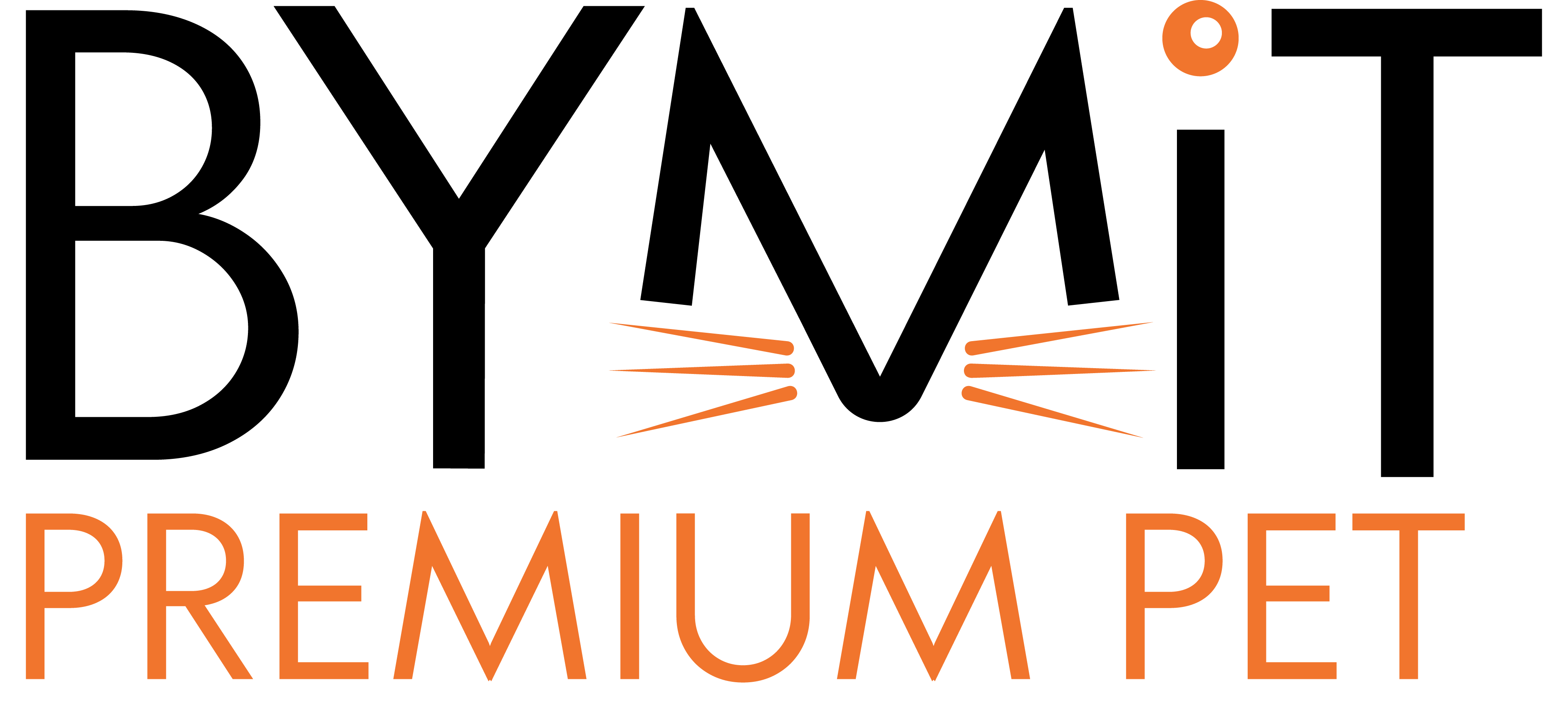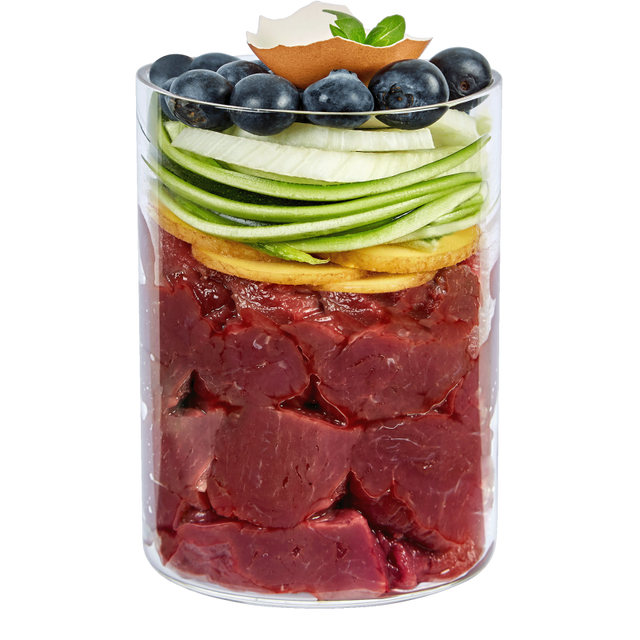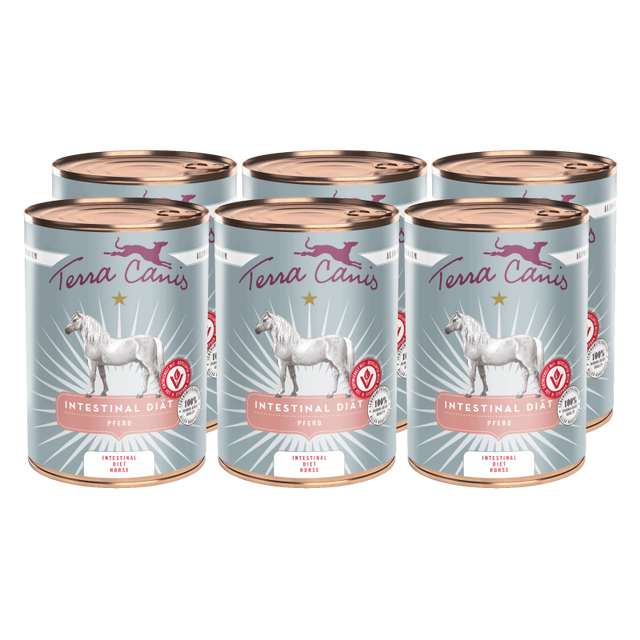Terra Canis/24 h
2,5 - 5 kg 250 - 400 g
5 - 10 kg 400 - 650 g
10 - 20 kg 650 - 1150 g
20 - 30 kg 1150 - 1500 g
30 - 40 kg 1500 - 1800 g
These values are approximate.
Feeding duration:
Initially up to twelve weeks; in case of chronic pancreatic insufficiency: for the rest of the dog’s life. We recommend consulting a veterinarian before feeding your pet this product and before extending the duration of feeding.
EXTRA tip:
When a dog is suffering from diarrhoea, the measure recommended first is complete food withdrawal for 24 to 48 hours. Fresh drinking water must always be available. This total fasting diet helps calm the digestive tract and fosters the digestive system’s ability to cleanse itself naturally. The food withdrawal automatically eliminates any additional burden acting on the digestive tract. Furthermore, it reduces the risk of developing a food allergy. Irritation of the intestinal lining strains the immune system’s natural barrier and makes it more permeable. As a result, large protein molecules contained in food can pass through this barrier and lead to the production of antibodies, which in turn can trigger allergic reactions. The recommended total fasting diet helps the intestinal lining regenerate and can also be a gentle and fast way of stopping diarrhoea. This way, food protein cannot pass through the compromised intestinal barrier, thereby preventing any food allergies that might develop at a later stage.Fasting diets must be strictly avoided in puppies and young dogs, as well as in obese dogs, because the metabolic state of these animals is different and is adversely affected by food withdrawal. Especially in very overweight animals, a fasting diet in which the nutrients are suddenly withdrawn creates the risk of excessive fat mobilisation. High-volume diarrhoea lasting more than two days causes an animal to dehydrate. A dehydrated animal can be identified by its deeply sunken eyes, states of fatigue, and low skin elasticity. If dehydration sets in, diarrhoea persists, or there are indications of severe disease, it is imperative that the animal is taken into veterinary care.



